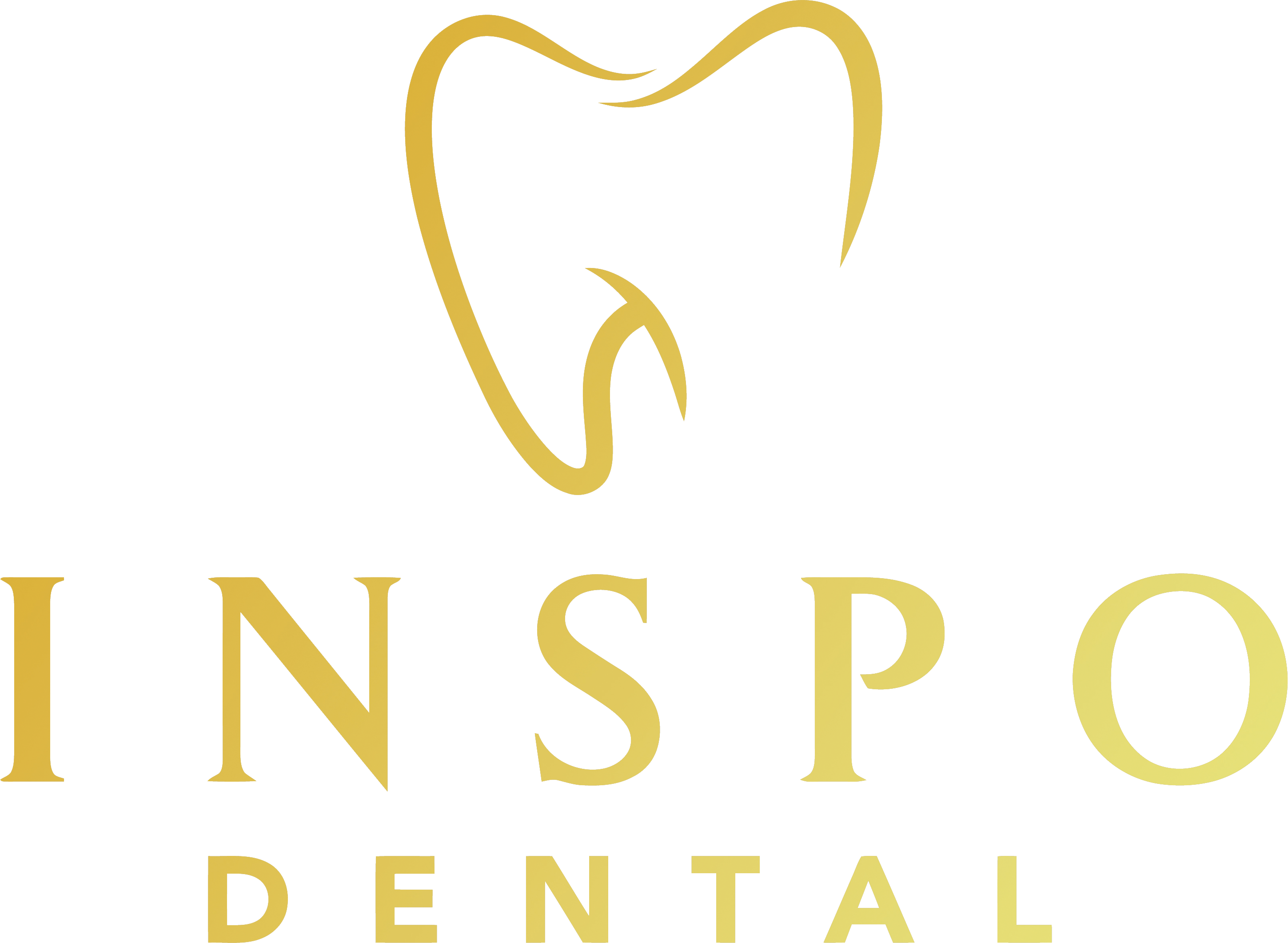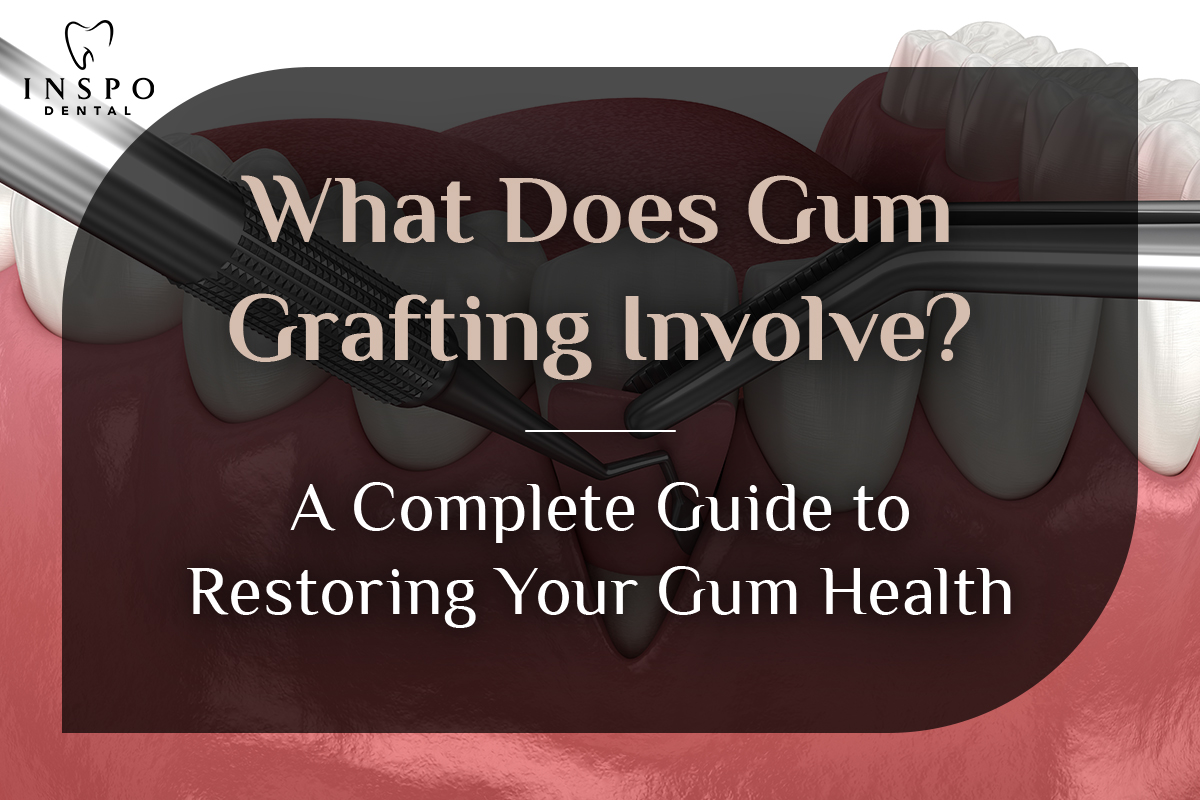Pregnancy can have a significant impact on oral health due to hormonal changes, increased blood flow, and altered immune responses. These changes can affect the gums, teeth, and overall oral health, making proper dental care essential during this time. Here’s a comprehensive guide to how pregnancy affects oral health and what you can do to maintain it.
Common Oral Health Issues During Pregnancy
- Pregnancy Gingivitis
- What It Is: Inflammation of the gums, often caused by hormonal changes that increase blood flow to gum tissue, making it more sensitive and prone to irritation.
- Symptoms:
- Red, swollen gums
- Bleeding while brushing or flossing
- Prevention:
- Brush twice daily with fluoride toothpaste.
- Floss daily to remove plaque buildup.
- Schedule regular dental cleanings.
- Increased Risk of Periodontal Disease
- What It Is: Untreated gingivitis can progress to periodontitis, a severe form of gum disease that affects the bone supporting your teeth.
- Impact:
- Periodontal disease has been linked to complications such as preterm birth and low birth weight.
- Prevention:
- Regular dental checkups during pregnancy.
- Early intervention if gum inflammation is noticed.
- Pregnancy Tumors
- What It Is: Benign, non-cancerous growths that appear on the gums, typically during the second trimester. These are caused by an exaggerated response to plaque.
- Symptoms:
- Small, red lumps on the gums that may bleed easily.
- Treatment:
- Most resolve after pregnancy. In severe cases, your dentist may recommend removal.
- Most resolve after pregnancy. In severe cases, your dentist may recommend removal.
- Tooth Decay
- Why It Happens:
- Increased acidity in the mouth from morning sickness.
- Cravings for sugary foods and snacks.
- Less effective brushing and flossing due to nausea or fatigue.
- Prevention:
- Rinse your mouth with water or a fluoride mouthwash after vomiting.
- Limit sugary snacks and drinks.
- Maintain a consistent oral hygiene routine.
- Enamel Erosion
- What It Is: Acidic stomach contents from morning sickness can erode tooth enamel over time.
- Prevention:
- Avoid brushing immediately after vomiting, as enamel is softened by acid. Instead, rinse your mouth with water or a baking soda solution (1 teaspoon of baking soda in a glass of water) to neutralize the acid.
- Wait at least 30 minutes before brushing.
How Hormonal Changes Affect Oral Health
- Increased Blood Flow:
- Leads to more sensitive gums that may swell and bleed more easily.
- Changes in Saliva:
- Hormones can alter saliva composition, reducing its ability to neutralize acids and fight bacteria.
- Immune System Changes:
- Pregnancy suppresses parts of the immune system to support the growing baby, making gums more vulnerable to infection.
- Pregnancy suppresses parts of the immune system to support the growing baby, making gums more vulnerable to infection.
The Link Between Oral Health and Pregnancy Outcomes
Poor oral health during pregnancy has been associated with certain complications:
- Preterm Birth:
- Gum infections, like periodontitis, may release inflammatory markers that can trigger early labor.
- Low Birth Weight:
- Untreated oral infections can affect fetal development.
- Gestational Diabetes:
- Women with gum disease may have a harder time controlling blood sugar levels during pregnancy.
- Women with gum disease may have a harder time controlling blood sugar levels during pregnancy.
Safe Dental Care During Pregnancy
- Regular Checkups:
- Inform your dentist about your pregnancy.
- Schedule a dental cleaning during the second trimester, which is the safest time for dental procedures.
- Dental X-Rays:
- Modern dental X-rays are low-risk, but your dentist will only take them if necessary. A lead apron and thyroid collar will be used to protect you and your baby.
- Medications:
- Let your dentist know about any medications or supplements you’re taking. Most local anesthetics and antibiotics are safe during pregnancy, but always consult with your healthcare provider.
- Emergency Treatments:
- Address urgent dental issues like infections or severe pain promptly, as these can affect your overall health and pregnancy.
- Address urgent dental issues like infections or severe pain promptly, as these can affect your overall health and pregnancy.
Tips for Maintaining Oral Health During Pregnancy
- Brush and Floss Regularly:
- Brush twice a day with a soft-bristled toothbrush and fluoride toothpaste.
- Floss daily to remove plaque between teeth and along the gumline.
- Rinse with Fluoride Mouthwash:
- Use an alcohol-free fluoride mouthwash to strengthen teeth and reduce plaque.
- Stay Hydrated:
- Drink plenty of water to maintain saliva flow and neutralize acids.
- Eat a Balanced Diet:
- Include foods rich in calcium, vitamin D, and phosphorus for strong teeth and bones.
- Snack on crunchy fruits and vegetables, which naturally clean teeth and stimulate saliva production.
- Manage Morning Sickness:
- Rinse your mouth with water or a baking soda solution after vomiting to reduce acid exposure.
- Avoid Tobacco and Alcohol:
- Both can harm your oral health and your baby’s development.
- Both can harm your oral health and your baby’s development.
Postpartum Oral Health Tips
- Continue Good Habits:
- Maintain your oral care routine even after delivery, as hormonal fluctuations can still affect oral health.
- Schedule a Postpartum Checkup:
- Visit your dentist after delivery to address any lingering oral health issues.
- Watch for Signs of Gum Disease:
- Swollen or bleeding gums after pregnancy may require professional treatment.
- Swollen or bleeding gums after pregnancy may require professional treatment.
Long-Term Oral Health Considerations After Pregnancy
Pregnancy-related oral health changes don’t always resolve immediately after delivery. Postpartum care is essential to restore and maintain oral health, especially if pregnancy has caused lingering issues. Here’s how you can protect your teeth and gums in the months following pregnancy.
Postpartum Oral Health Challenges
- Lingering Gum Sensitivity
- Why It Happens: Hormonal changes during pregnancy can take time to stabilize, leaving gums sensitive and prone to bleeding.
- What to Do:
- Continue gentle brushing and flossing.
- Schedule a follow-up dental cleaning to remove plaque and tartar buildup.
- Cavities After Pregnancy
- Why It Happens:
- Increased snacking during pregnancy or morning sickness-induced enamel erosion can lead to cavities.
- What to Do:
- Consult your dentist for treatment if you notice sensitivity or pain.
- Use fluoride toothpaste and consider professional fluoride treatments to strengthen enamel.
- Dry Mouth
- Why It Happens: Hormonal changes and dehydration can reduce saliva production, increasing the risk of decay and gum disease.
- What to Do:
- Stay hydrated by drinking plenty of water.
- Chew sugar-free gum to stimulate saliva production.
- Tooth Sensitivity
- Why It Happens: Acid erosion from morning sickness or a lack of proper care during pregnancy can expose dentin, leading to sensitivity.
- What to Do:
- Use desensitizing toothpaste to reduce discomfort.
- Avoid acidic foods and drinks to prevent further erosion.
Oral Health and Breastfeeding
- Calcium Depletion
- Why It Happens: Breastfeeding increases calcium demands, which may weaken teeth and bones if dietary intake is insufficient.
- What to Do:
- Increase calcium intake with foods like dairy products, leafy greens, and fortified plant-based options.
- Take prenatal or postpartum supplements as recommended by your doctor.
- Stress and Oral Health
- Why It Happens: Lack of sleep and stress associated with caring for a newborn can impact oral hygiene routines.
- What to Do:
- Set reminders for brushing and flossing.
- Incorporate quick oral care steps like using fluoride mouthwash if time is limited.
- Breastfeeding Nutrition
- Why It Matters: Your diet during breastfeeding impacts your oral health as well as your baby’s developing teeth.
- What to Do:
- Consume foods rich in vitamins A, C, D, and calcium to support gum health and bone strength.
- Consume foods rich in vitamins A, C, D, and calcium to support gum health and bone strength.
Dental Care While Nursing
- Medications and Dental Treatments: Most dental procedures and medications, including local anesthesia and antibiotics, are safe while breastfeeding. Always inform your dentist that you are nursing.
- Timing of Medications: If prescribed medications, nurse your baby before taking them to minimize exposure.
The Importance of Early Dental Care for Your Baby
Pregnancy oral health practices also set the stage for your baby’s dental health. Start oral care habits early to prevent future problems.
- Wiping Gums
- Begin cleaning your baby’s gums with a soft, damp cloth after feeding, even before teeth appear.
- Baby’s First Tooth
- Schedule their first dental visit when their first tooth erupts or by their first birthday.
- Avoiding Baby Bottle Decay
- Do not put your baby to sleep with a bottle containing anything other than water. Prolonged exposure to sugars in milk or juice can cause decay.
- Fluoride Protection
- If your local water supply lacks fluoride, consult your dentist about fluoride supplements for your baby.
Preventing Future Oral Health Issues
- Address Pregnancy-Related Damage
- If pregnancy caused enamel erosion, cavities, or gum recession, work with your dentist to develop a treatment plan.
- Maintain Regular Dental Visits
- Regular cleanings and exams are crucial, especially if you experienced pregnancy gingivitis or periodontitis.
- Protect Against Future Gum Disease
- Use an electric toothbrush to clean more effectively.
- Continue flossing daily, focusing on the gumline.
- Prevent Stress-Related Bruxism
- If stress from parenting leads to teeth grinding, ask your dentist about a custom nightguard to protect your teeth.
Understanding the Oral Health–Overall Health Connection
Good oral health during and after pregnancy is about more than just your teeth and gums. Here’s how it ties into overall wellness:
- Heart Health
- Gum disease has been linked to an increased risk of cardiovascular issues. Treating gum inflammation reduces this risk.
- Diabetes Management
- Women who developed gestational diabetes are at higher risk of type 2 diabetes. Maintaining oral health helps control blood sugar levels.
- Bone Health
- Postpartum calcium depletion can increase the risk of osteoporosis, which also affects the jawbone. Adequate calcium intake supports both oral and systemic bone health.
Practical Oral Care Tips for Busy New Moms
Caring for your teeth while managing a newborn can be challenging. These time-saving strategies can help:
- Use Fluoride Rinse: Rinse after brushing for added protection when you’re short on time.
- Keep Travel-Size Supplies Handy: Stash toothbrushes and floss in your diaper bag for quick cleanups.
- Choose Healthy Snacks: Opt for calcium-rich snacks like cheese or yogurt to nourish your body and protect your teeth.
- Set Reminders: Use phone alarms to stay on track with brushing and dental appointments.
Understanding the Lifelong Impact of Pregnancy on Oral Health
Pregnancy often serves as a critical period for establishing or reinforcing oral health habits. The changes your body undergoes during pregnancy can have long-term implications for your dental health, and maintaining those habits postpartum ensures you remain proactive in protecting your smile.
Oral Health Conditions That May Persist Post-Pregnancy
- Chronic Gingivitis
- Why It May Persist:
- Hormonal changes during pregnancy may have caused gingivitis, which can linger if not treated promptly.
- Prevention and Management:
- Schedule follow-up dental cleanings to remove lingering plaque.
- Use antimicrobial mouthwashes to manage inflammation.
- Receding Gums
- Why It Happens:
- Pregnancy gingivitis or periodontitis can lead to gum recession, exposing tooth roots and increasing sensitivity.
- Management:
- Use sensitivity toothpaste to alleviate discomfort.
- Consult your dentist about gum grafting if the recession is severe.
- Weakened Enamel
- Impact:
- Enamel erosion from acid exposure (morning sickness or dietary changes) can leave teeth vulnerable to decay.
- Preventive Measures:
- Consider fluoride treatments to strengthen enamel.
- Avoid abrasive toothpaste that could exacerbate enamel loss.
- Postpartum Dry Mouth
- Why It Happens:
- Hormonal fluctuations and breastfeeding can cause reduced saliva flow, leading to dry mouth.
- Solutions:
- Stay hydrated and chew sugar-free gum to stimulate saliva production.
- Use a saliva substitute or moisturizing rinse if dryness persists.
Preparing for Future Pregnancies
If you plan to have more children, taking steps to optimize your oral health between pregnancies can prevent compounded dental issues:
- Address Existing Issues
- Treat cavities, gum disease, or enamel erosion before becoming pregnant again. This reduces the likelihood of complications during subsequent pregnancies.
- Strengthen Teeth and Gums
- Eat a balanced diet rich in calcium, phosphorus, and vitamins D and C.
- Ask your dentist about dental sealants for added protection against cavities.
- Maintain Regular Dental Checkups
- Schedule cleanings and exams every six months, ensuring any minor issues are addressed early.
Tips for Mothers with Young Children
Caring for your oral health while managing a growing family can be challenging, but involving your children in the process can help instill healthy habits for everyone:
- Brush Together
- Make brushing a family activity to encourage good habits for your children while ensuring you stay on top of your routine.
- Teach Kids About Healthy Snacking
- Replace sugary treats with tooth-friendly options like apples, carrots, or cheese for both you and your children.
- Model Regular Dental Visits
- Show your children that dental care is a priority by taking them to their appointments and scheduling your own.
Oral Health and Emotional Well-Being Post-Pregnancy
Maintaining oral health also contributes to your overall confidence and emotional well-being, especially during a time when self-care can feel overwhelming:
- Restoring Your Smile
- If pregnancy left you with discoloration, chips, or other cosmetic issues, consider restorative treatments like teeth whitening, bonding, or veneers to refresh your appearance.
- Reducing Stress-Related Grinding
- Postpartum stress can lead to bruxism (teeth grinding), which may damage your teeth and gums.
- Use a custom nightguard to protect your teeth and alleviate jaw tension.
- Building Confidence
- Feeling good about your smile can enhance your self-esteem, helping you navigate the challenges of new parenthood with confidence.
The Connection Between Mother and Baby’s Oral Health
Your oral health can directly influence your baby’s dental development and future oral hygiene habits:
- Bacteria Transmission
- How It Happens:
- Sharing utensils, kissing, or cleaning a pacifier with your mouth can transfer cavity-causing bacteria to your baby.
- Prevention:
- Avoid sharing utensils or cleaning pacifiers with your mouth.
- Maintain your own oral hygiene to reduce bacterial transmission.
- Nutritional Impact
- Your diet during pregnancy and breastfeeding provides the nutrients necessary for your baby’s developing teeth.
- Key Nutrients:
- Calcium: Strengthens enamel and bones.
- Vitamin D: Promotes calcium absorption.
- Vitamin C: Supports healthy gums.
When to Seek Professional Help Post-Pregnancy
Some oral health conditions require the attention of a dental professional:
- Persistent Gum Bleeding or Swelling
- Indicates gum disease that may need scaling and root planing or periodontal therapy.
- Prolonged Tooth Sensitivity
- Could be a sign of cavities, enamel erosion, or gum recession.
- Jaw Pain or Clicking
- Postpartum stress may lead to temporomandibular joint (TMJ) disorders, requiring evaluation.
- Recurring Cavities
- Frequent cavities postpartum may indicate dietary issues, dry mouth, or insufficient fluoride exposure.
Investing in Long-Term Oral Health
Caring for your oral health after pregnancy is a long-term commitment that benefits both you and your family. Here’s how to ensure you’re on the right track:
- Build a Relationship with Your Dentist
- A trusted dentist familiar with your oral health history can provide personalized care and monitor changes over time.
- Stay Educated
- Learn about the latest dental care advancements, especially those that enhance safety and convenience for busy parents.
- Prioritize Self-Care
- Make time for your oral health, even amidst a busy schedule. A few minutes of daily care can prevent significant issues later.
Final Thoughts
Pregnancy is a transformative time that requires extra attention to your oral health. From managing hormonal changes to ensuring proper postpartum care, maintaining a proactive approach can prevent complications and support your overall well-being. By prioritizing dental hygiene, addressing emerging issues promptly, and instilling healthy habits in your children, you can set the foundation for a lifetime of strong, healthy smiles for you and your family.






